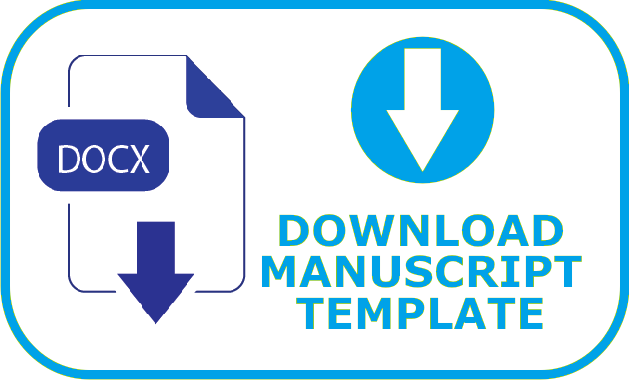Penyuluhan kesehatan mental di era pandemi covid-19 pada mahasiswa Prodi Pendidikan Teknik Informatika Universitas Muhammadiyah Surakarta
Abstract
COVID-19 is a life-threatening acute respiratory disease. Various efforts have been made to prevent its transmission, one of which is physical distancing through work and study from home. Online learning methods have been implemented so that the learning process can still run but in a safe way. However, there is still a lack of readiness among educators and students to adapt to the digital climate, which may impact mental health. Students of Prodi Pendidikan Teknik Informatika, Fakultas Keguruan Dan Ilmu Pengetahuan, Universitas Muhammadiyah Surakarta is one example. Even though they are adults and have often been exposed to the digital climate, they still feel that they are not quite ready for this online learning. Not even a few of them experience anxiety. This community service activity aims to increase students' knowledge about mental health in the era of the COVID-19 pandemic through counseling methods and focus group discussions. A total of 45 participants have participated. Participants were also given a pretest and post-test to assess the extent to which their knowledge increased after receiving counseling related to how to recognize stress, self-healing efforts, and how to respond to COVID-19. From this activity, the average pretest score of participants was 57.76, while the average post-test score of participants was 81.2. Thus it can be concluded that there is an increase in participants' knowledge of up to 40.58%









